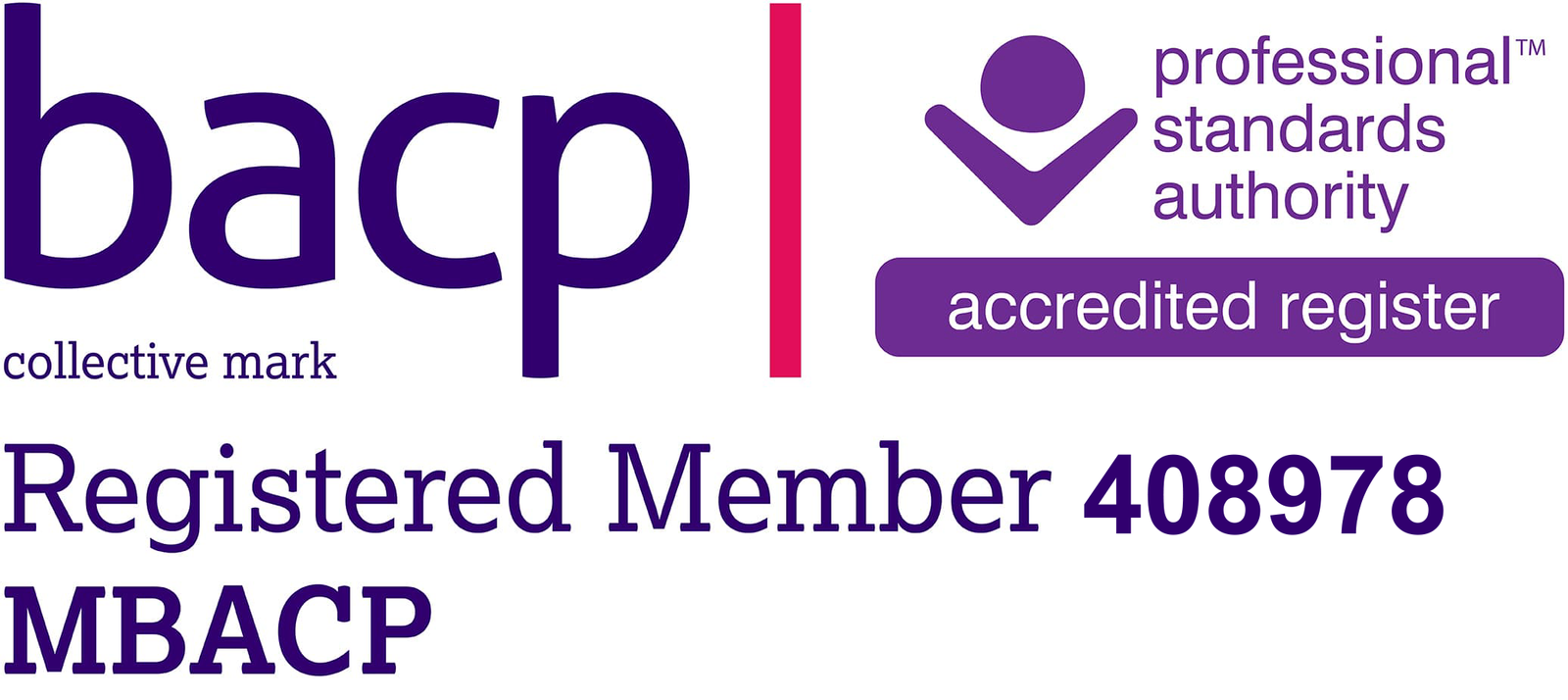Specific Mental health issues
Please click below to find out more about specific issues I can help with:
{accordion title="Anxiety Disorder" open="false"}
In 2019, 301 million people, including 58 million children and adolescents, were living with anxiety disorders characterized by excessive fear and worry. These disorders can result in significant distress or impairment in functioning. Different types of anxiety disorders include generalized anxiety disorder, panic disorder, social anxiety disorder, and separation anxiety disorder. Psychological treatment can be effective, and medication may be considered depending on age and severity.
{accordion title="Bereavement and Loss"}
Losing someone important to us can be emotionally devastating – whether it's a partner, family member, friend or pet. Grief can bring up lots of different, complicated emotions, and can sometimes affect our physical health. Common feelings and emotions can be sadness, depression, disbelief and a numbness or feeling of being stuck or frozen.
{accordion title="Bipolar Disorder"}
In 2019, 40 million individuals were diagnosed with bipolar disorder. Those with the disorder experience alternating depressive episodes and periods of manic symptoms. Depressive episodes involve feelings of sadness, irritability, or loss of interest in activities, while manic symptoms include elevated mood, increased energy, and impulsiveness. People with bipolar disorder face an increased risk of suicide but can benefit from psychoeducation, stress reduction, medication, and social support.
{accordion title="Body dysmorphic disorder (BDD)"}
Body dysmorphic disorder (BDD), or body dysmorphia, is a mental health condition where a person spends a lot of time worrying about flaws in their appearance. These flaws are often unnoticeable to others. People of any age can have BDD, but it's most common in teenagers and young adults. It affects both men and women. Having BDD does not mean you're vain or self-obsessed. It can be very upsetting and have a big impact on your life.
{accordion title="Depression"}
Depression affects 280 million people worldwide, with 23 million being children and adolescents. It is characterized by persistent feelings of sadness, loss of interest in activities, poor concentration, guilt, hopelessness, and thoughts of suicide. Effective psychological treatments are available, and medication may be considered based on age and severity. Depression is a serious mental health condition that can lead to an increased risk of suicide if left untreated.
{accordion title="Post-traumatic stress (PTSD)"}
PTSD may develop following exposure to an extremely threatening or horrific event or series of events, such as conflict experience, near death experience, accidents, abuse, survivors of crime etc. Symptoms include re-experiencing, avoidance, and heightened threat perception and impairing functioning. Psychological treatment can be effective for PTSD.
{accordion title="Child sexual abuse (CSA)"}
The amount of adults effected by historical child sexual abuse is difficult to determine, but I believe it's a larger problem in our society than we believe. I am passionate about helping both male and female survivors navigate the aftermath of their trauma. I have researched the subject extensively and continue to gain knowledge around the subject to help my clients.
{accordion title="Psychosis"}
Psychosis is when people lose some contact with reality. This might involve seeing or hearing things that other people cannot see or hear (hallucinations) and believing things that are not actually true (delusions). It may also involve confused (disordered) thinking and speaking. People who receive early treatment never have another psychotic episode. For other people, recovery means the ability to lead a fulfilling and productive life, even if psychotic symptoms sometimes return. Talking therapies can help reduce the intensity and anxiety caused by psychosis.
{accordion title="Self-harm"}
Self-harm is when somebody intentionally damages or injures their body. It is a way of expressing deep emotional feelings such as low self-esteem, or a way of coping with traumatic events, such as the death of a loved one. Self-harm is an expression of personal distress, rather than an illness, although it can be linked to other mental health conditions such as depression.
{accordion title="Stress"}
Stress can be defined as a state of worry or mental tension caused by a difficult situation. Stress is a natural human response that prompts us to address challenges, but stress overload can be debilitating. Talking therapy can be extremely helpful for stress.

